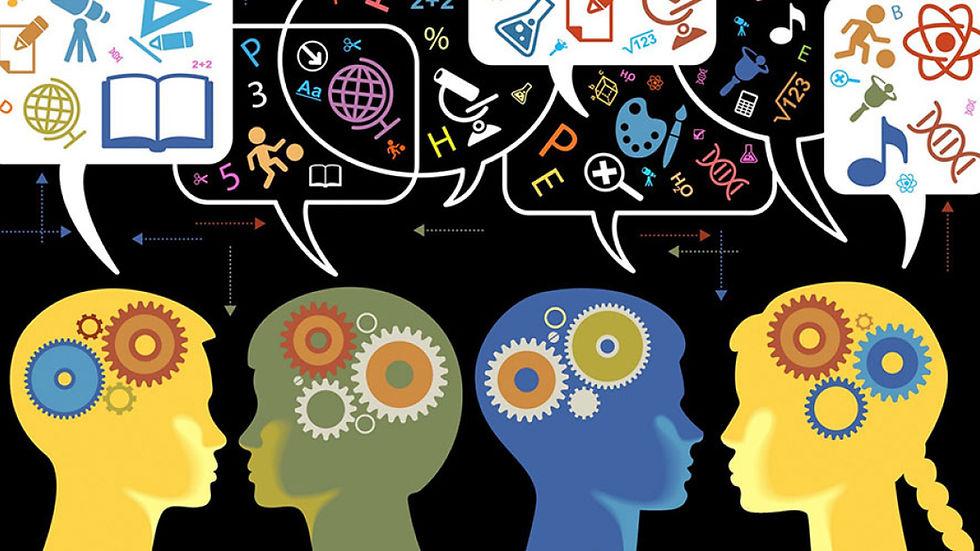Is a college degree worth the cost? 45% say 'no'
- Joanne Jacobs

- Dec 20, 2024
- 1 min read
High college costs are a big issue for Americans, according to a Data for Progress survey of voters, reports William Diep. Eighty-three percent say college is too expensive. While 48 percent say the benefits of a degree are worth the costs, 45 percent disagree.

Less-costly, more job-oriented institutions offer the highest education value, respondents said. They rate trade/technical colleges (85 percent) the highest, followed by public universities and community colleges (79 percent), non-Ivy private colleges (77 percent), and Ivy League colleges (69 percent).
Most say college students meet new people from diverse backgrounds, but only 54 percent "think colleges and universities are effective at helping students secure a well-paying job," writes Diep. Half say colleges help students develop "good judgment" and "understand reality."
The U.S. workforce is so-so on "adult skills," such as literacy, numeracy and "adaptive problem solving,"according to a OECD survey of 31 developed countries. Americans aged 16 to 64 score at the OECD average in literacy and problem solving, but below average in numeracy. Young adults (16 to 24) are below average in all three.
Achievement gaps for U.S. adults increased from 2012-15 to 2022-23. More people score at the lowest levels.
Finns have the most skilled workforce, according to the OECD. Their high school graduates score as well as U.S. (and Canadian) college graduates.



All this means is that a lot more people will be non-traditional students while trying to get their college degree in the late 20's or 30's as they realize that if they want to move up, they need to learn economics, accounting, and finance.